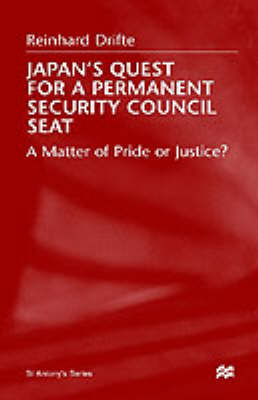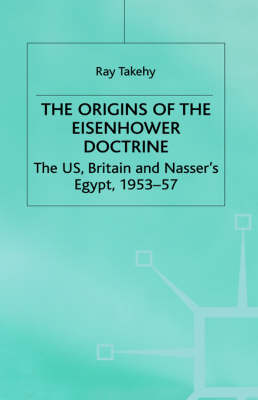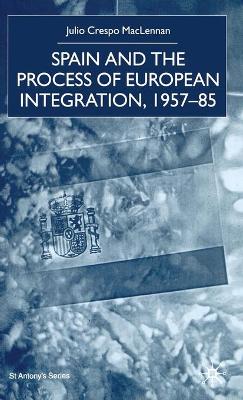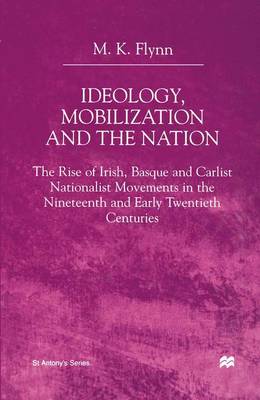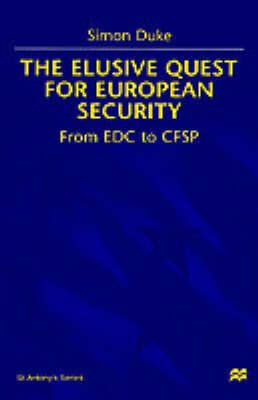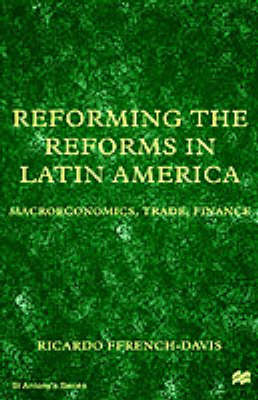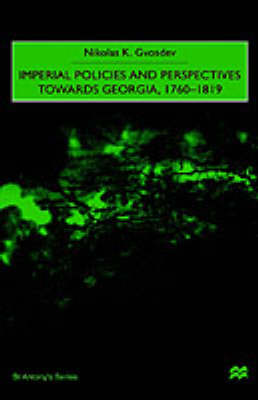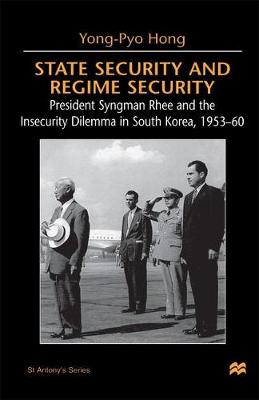St Antony's
10 total works
No one understood the power and appeal of Egypt better than President Dwight Eisenhower. Employing many declassified American and British documents, Takeyh examines the intricate containment policy. Along this path, Takeyh sketches Eisenhower's attempt to reconcile the demands of Britain's imperial strategies with the Arab decolonization movements. Contributing to the evolving 'Eisenhower revisionist' scholarship, Takeyh portrays a president in command of American policy as it sought to contain the Soviet moves in the Middle East, resolve the Arab-Israeli conflict and ultimately resuscitate Western influence in the Middle East in the aftermath of the Suez crisis.
Lord Hailey, the Colonial Office and the Politics of Race and Empire in the Seco
by Na Na
